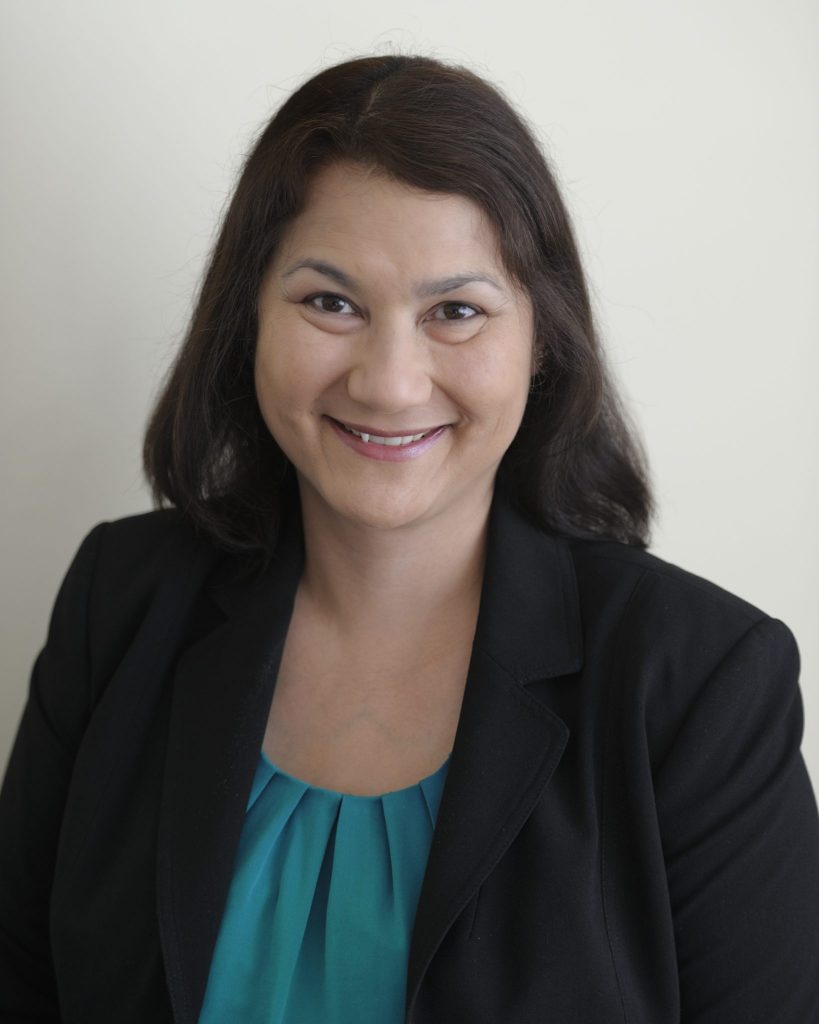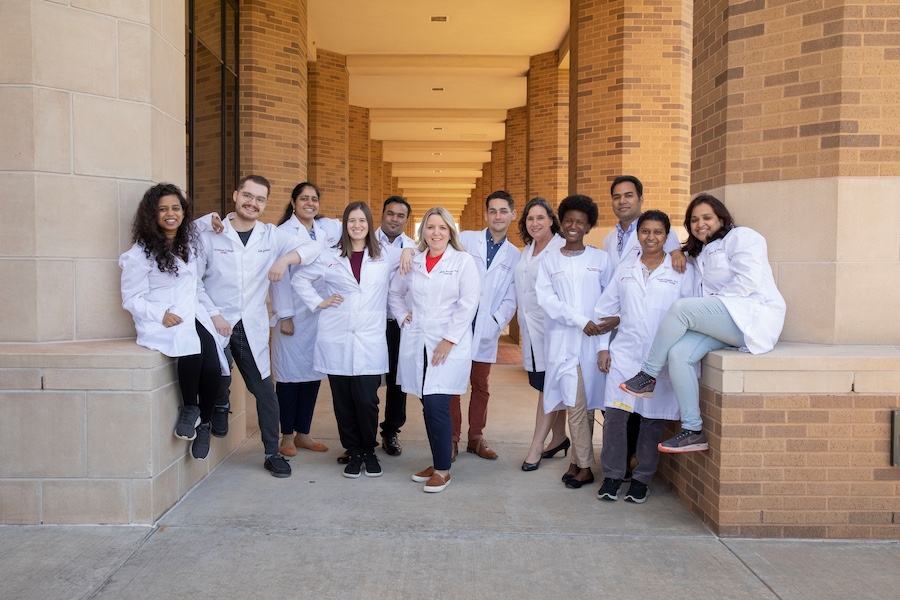(April 9, 2020)
Why do some gynecologic cancer patients participate in clinical trials, while others do not?
Clinical trials are fundamental to the discovery of new and better therapies in the fight against ovarian cancer. Understanding and addressing why patients do or not enroll in trials could help remove unnecessary barriers and involve more patients, potentially benefiting both individual patients and others in the gynecologic cancer communities.

A new survey study, co-authored by Annie Ellis, OCRA Research Advocate and ovarian cancer survivor, set out to explore this question. The study was originally slated to be presented at this year’s Society of Gynecologic Oncology’s Annual Meeting on Gynecologic Cancers, and was recently published in MDEdge.
The study surveyed 189 survivors of gynecologic cancer through survivor networks and social media. Of those surveyed, approximately one-third (34.39%) had participated in a clinical trial. The majority (65.61%) had never participated.
Insights from clinical trial participants
Of those who had taken part in a clinical trial, the overwhelming majority (86.5%) learned about the opportunity from their doctor. The rest found trials through their own research, a trial matching service, or support groups. Accordingly, many of those surveyed reported that they decided to participate at their doctor’s recommendation. Other common reasons included wanting to help future generations, and expanding treatment options.
The survey also revealed that most clinical trial participants felt it had been a positive experience. No one surveyed reported that they would rule out future clinical trial participation.
Insights from clinical trial nonparticipants
Of those who had never taken part in a clinical trial, the prevailing reason (50.4%) was that the option was not discussed by the patient’s medical team. Other reasons included not being qualified to participate, location challenges, unavailability of trials, and insurance obstacles.
The most common reason for not wanting to participate was that the patient did not want to receive a placebo. Others were wary of experimental therapies, or of being randomized. Only one patient expressed distrust in the medical system.
What’s the takeaway?
The authors suggest that because 50% of nonparticipants didn’t have discussions about trials with their physicians, “an area of further assessment and potential intervention is the effect of increased physician-initiated clinical trial discussion on trial participation.” Increased discussion may lead to higher levels of participation.
Interested in learning more about ovarian cancer clinical trials?
Through participation in a clinical trial, patients have the chance to receive the latest and most innovative investigational medicines that experts think might improve their outcome. Clinical trials are important options for all patients at all stages of their disease and treatment, and it’s important to note that clinical trials for cancer treatment do not utilize “sugar pill” type placebos — all participants receive, at minimum, standard of care treatment.
If you’re hesitant about clinical trials, read our Clinical Trials Myths and FAQs and view this helpful presentation.


